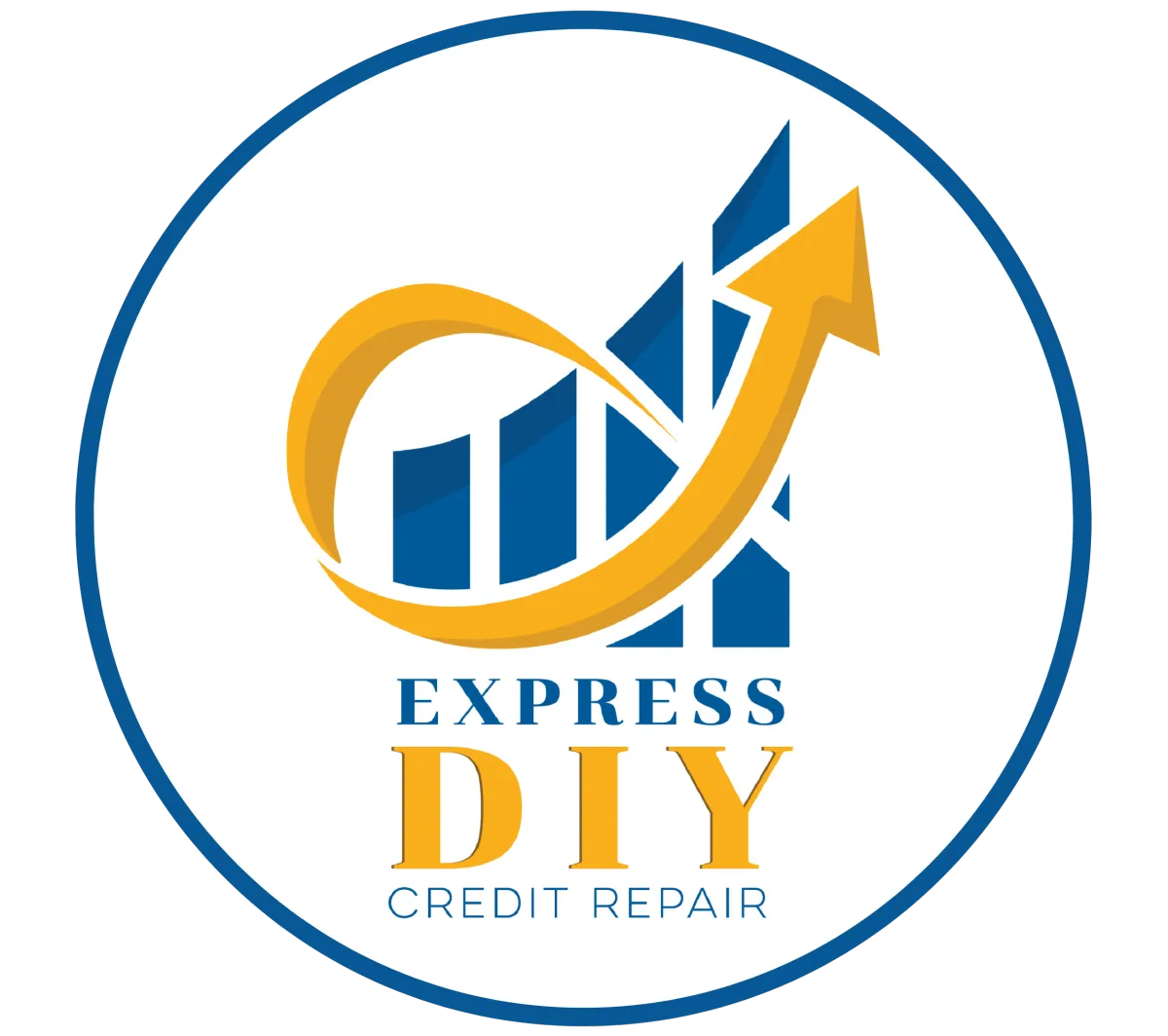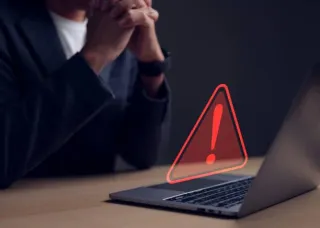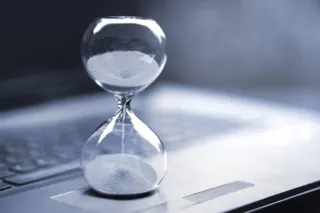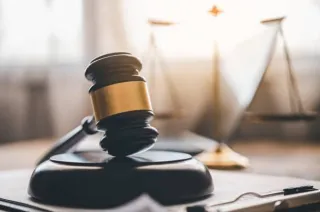
THE #1
DIY EXPRESS
CREDIT REPAIR SYSTEM
THE #1
DIY EXPRESS
CREDIT REPAIR SYSTEM
EVERYTHING YOU NEED TO INCREASE YOUR CREDIT SCORE
What is DIY credit repair, and how does it work?
DIY credit repair refers to the process of individuals taking steps to improve their credit scores on their own, without hiring a professional credit repair service. It typically involves identifying errors on credit reports, disputing inaccuracies, negotiating with creditors, and implementing strategies to improve credit utilization and payment history.

What are the common mistakes to avoid when attempting DIY credit repair?
Common mistakes include:
• Disputing accurate information
• Ignoring payment deadlines
• Closing old accounts
• Applying for multiple new credit accounts at once
• Falling for credit repair scams

How long does it typically take to see improvements in credit score with DIY methods?
The timeline for seeing improvements can vary widely depending on individual circumstances, such as the severity of negative items, the accuracy of information being disputed, and the effectiveness of the chosen strategies. Generally, it can take several months to a year or more to see significant improvements in credit scores.

Are there any legal considerations or regulations to be aware of when doing DIY credit repair?
Yes, individuals should be aware of their rights under the Fair Credit Reporting Act (FCRA), which allows consumers to dispute inaccurate information on their credit reports. Additionally, there are regulations regarding debt collection practices outlined in the Fair Debt Collection Practices Act (FDCPA), which protect consumers from abusive and deceptive debt collection practices.

What are some effective strategies or tools for DIY credit repair that individuals can use?
Effective strategies include:
• Reviewing credit reports regularly to identify errors
• Disputing inaccuracies with credit bureaus
• Negotiating with creditors for payment arrangements or settlements
• Paying down outstanding debt
• Using credit responsibly and maintaining low credit utilization ratios
• Building positive credit history through on-time payments and responsible credit use
• Utilizing credit monitoring services or apps to track progress and identify changes in credit scores.
These strategies, when applied consistently and responsibly, can help individuals improve their credit scores over time. However, it's important to note that there are no guaranteed or instant fixes, and patience and diligence are key to successful DIY credit repair.

What is DIY credit repair, and how does it work?
DIY credit repair refers to the process of individuals taking steps to improve their credit scores on their own, without hiring a professional credit repair service. It typically involves identifying errors on credit reports, disputing inaccuracies, negotiating with creditors, and implementing strategies to improve credit utilization and payment history.

What are the common mistakes to avoid when attempting DIY credit repair?
Common mistakes include:
• Disputing accurate information
• Ignoring payment deadlines
• Closing old accounts
• Applying for multiple new credit accounts at once
• Falling for credit repair scams

How long does it typically take to see improvements in credit score with DIY methods?
The timeline for seeing improvements can vary widely depending on individual circumstances, such as the severity of negative items, the accuracy of information being disputed, and the effectiveness of the chosen strategies. Generally, it can take several months to a year or more to see significant improvements in credit scores.

Are there any legal considerations or regulations to be aware of when doing DIY credit repair?
Yes, individuals should be aware of their rights under the Fair Credit Reporting Act (FCRA), which allows consumers to dispute inaccurate information on their credit reports. Additionally, there are regulations regarding debt collection practices outlined in the Fair Debt Collection Practices Act (FDCPA), which protect consumers from abusive and deceptive debt collection practices.

What are some effective strategies or tools for DIY credit repair that individuals can use?
Effective strategies include:
• Reviewing credit reports regularly to identify errors
• Disputing inaccuracies with credit bureaus
• Negotiating with creditors for payment arrangements or settlements
• Paying down outstanding debt
• Using credit responsibly and maintaining low credit utilization ratios
• Building positive credit history through on-time payments and responsible credit use
• Utilizing credit monitoring services or apps to track progress and identify changes in credit scores.
These strategies, when applied consistently and responsibly, can help individuals improve their credit scores over time. However, it's important to note that there are no guaranteed or instant fixes, and patience and diligence are key to successful DIY credit repair.


Innovation
Fresh, creative solutions.

Integrity
Honesty and transparency.

Excellence
Top-notch services.

FOLLOW US
Copyright 2026. Express DIY Restoration. All Rights Reserved.